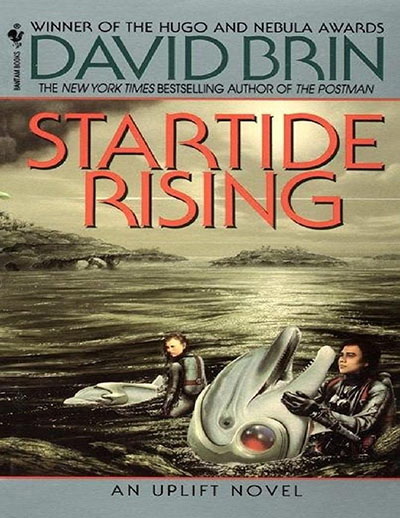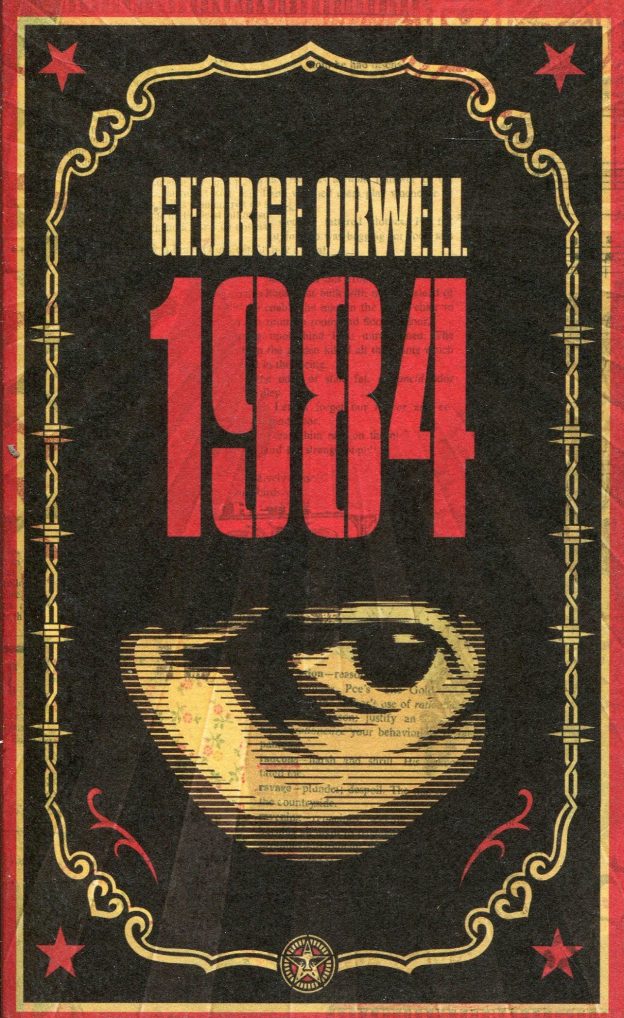It feels like I grew up with dystopias in almost everything I read. Between The Hunger Games, Divergent, The Giver, most books I read in school, either assigned or for fun, featured a dystopia. Heck, you could even argue that Star Wars under the Empire is a dystopia.
But none of them were very scary.
Sure they would have violent scenes and overall gruesome concepts; sending children to die in a televised battle royale is psychopathic. Obviously, they had horrible villains with rotten hearts and evil armies of cold-hearted killers sent to quash any sparks of hope. These forces of evil would seem insurmountable and omnipotent, ready to sacrifice whatever it took to preserve their imprisoning system.
But they always would lose. There would always be a protagonist, whose heart yearns for a better life, who rises up and challenges the system. A Katniss that refuses to die, a Luke trusting the force, a Jonas fleeing to a better life, a hero embodying freedom who washes away the old order and proves that individuals valuing freedom can, if not overcome, at least escape the imprisoning old order. No matter how controlling the society, how gruesome the practices, how evil the villains are, it can be beaten by an individual who dares. This made the dystopias into playgrounds as opposed to nightmares where the only question was how the protagonist would succeed, as opposed to if. The books aren’t critics of society as much as they are entertaining action films.
1984 changed that narrative.
It is a dystopia that embodies the classical elements that come to mind when one thinks of the genre. Initially, it reads like any other dystopia I’d read before; Winston is on the path to rebellion and escaping the clutches of the state, finding love, fostering passion, questioning the society around him.
But he fails. Not due to a fault of his character, but because society already accounts for actors like him. He is not killed; simply killing a rebel makes a martyr and doesn’t solve the problem at hand. He is methodically broken in a manner that returns him to society cleansed of rebellion and questions. People love to remember the surveillance of 1984, but the thing I most remember will always be how unsettling it is. It is scary not because of it being a particularly gruesome world (in some ways, it is not too far from our present condition), but because there is no escape. The state’s control is total, complete, and able to extinguish the sparks of rebellion before they are any more than a flicker.
This dichotomy of dystopias, those that act like action film backgrounds versus those that ensure their victims completely, was on display with the readings for Thursday. “Rainy Day Revolution” fell more into the first category for me. Lester has already decided to break from society. He is already on the path to rebellion and although he is cut down, he dies with his intentions intact. In contrast “Goodnight, Sophie” perfectly captures the 1984-style feeling of no escape; society has already accounted for Sophie’s doubts and plans are in place so that she is corrected before she reaches the point of no return. Like Winston, she does not need to be killed because her spirit of rebellion is broken.
Overall, this ramble isn’t meant to take away from any dystopian story or the critics it makes. The Hunger Games makes as many commentary points as 1984 and both are great books. However, there are two very distinct types of dystopias within the genre. There are those that are meant to be torn down by the protagonist in an action-filled romp. Then there are those that tear the protagonist down and, in my eyes, are truly scary.


